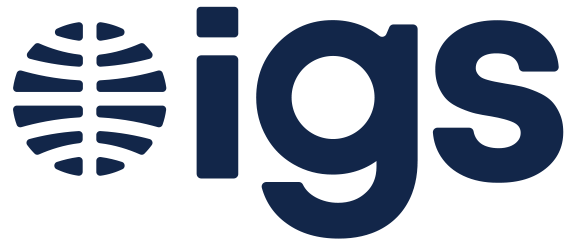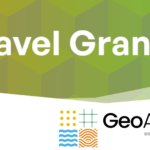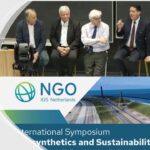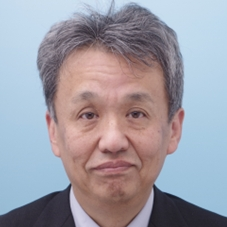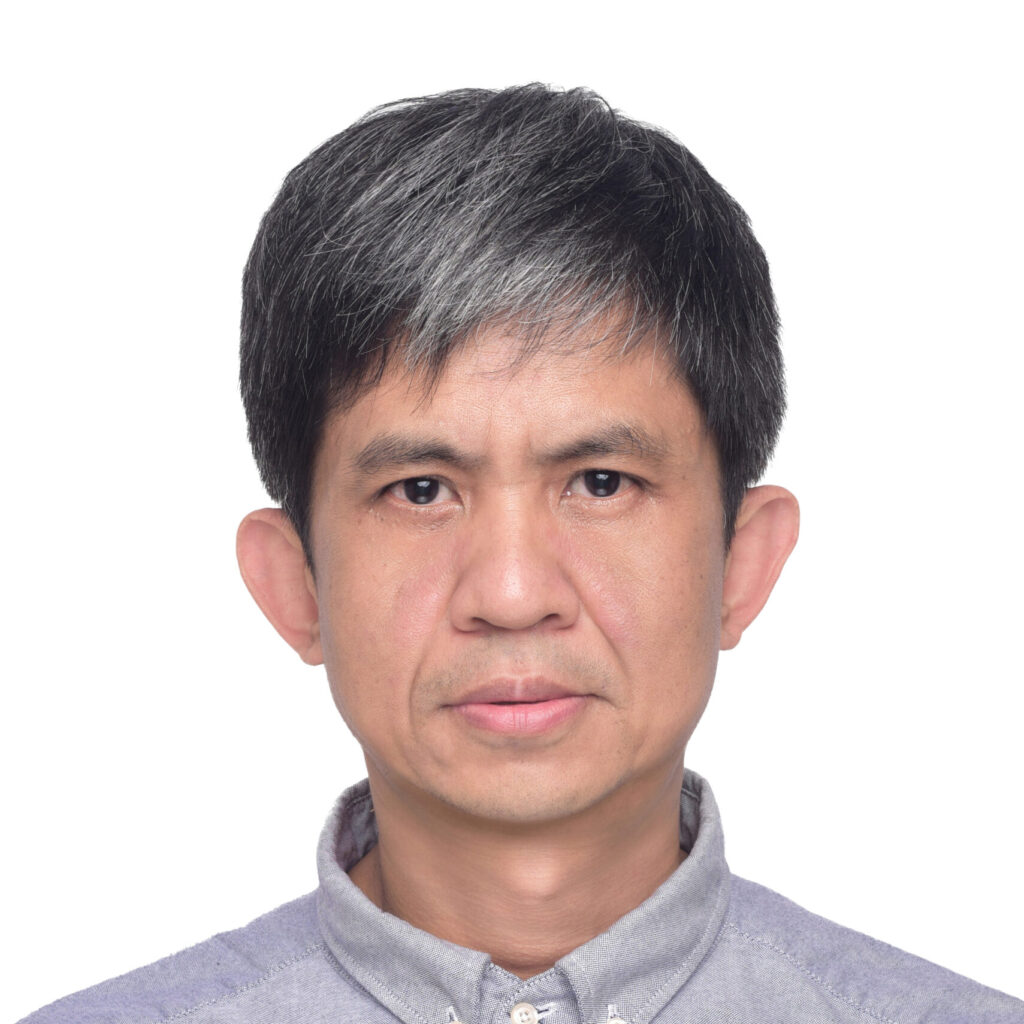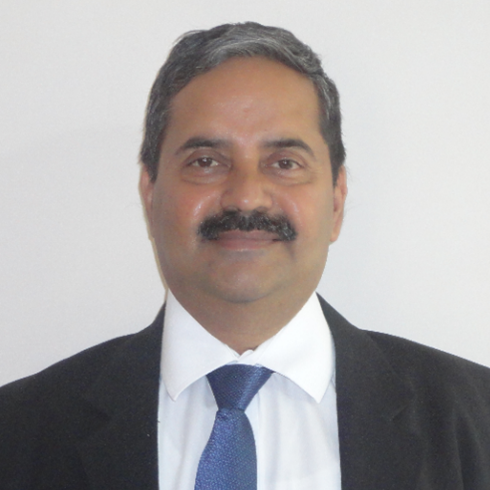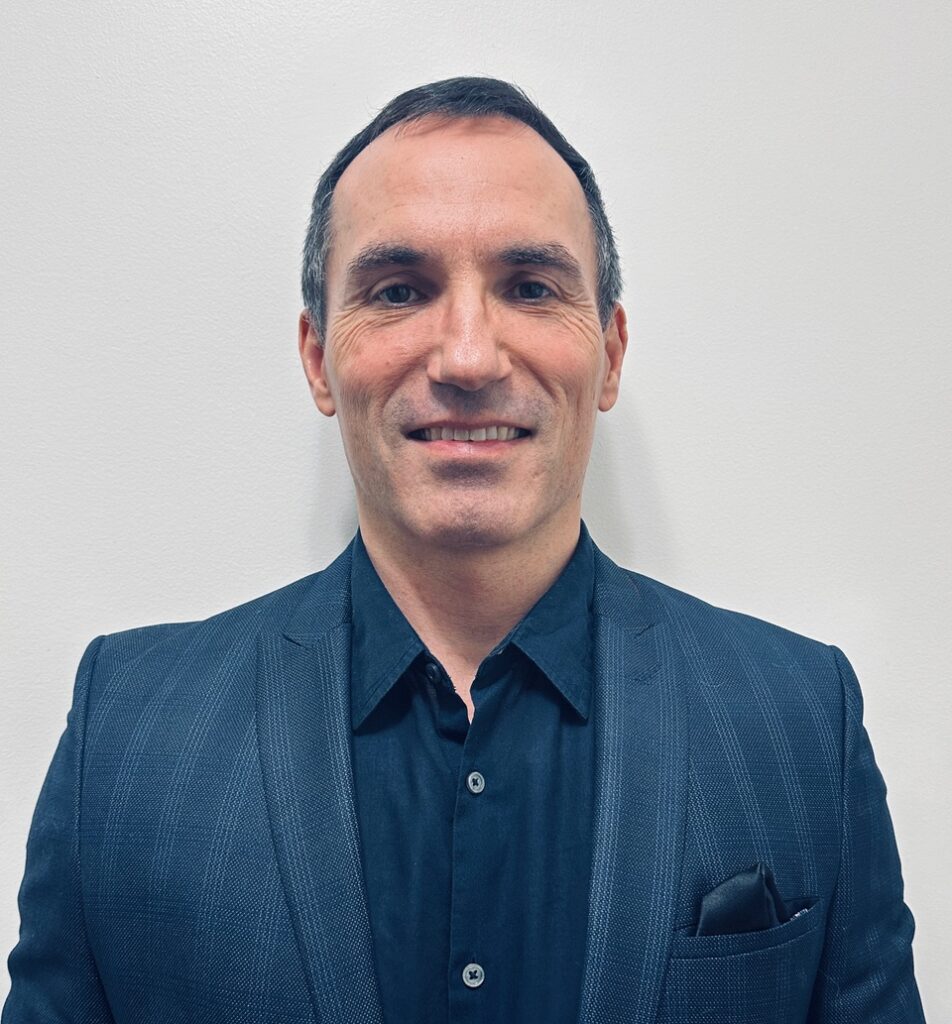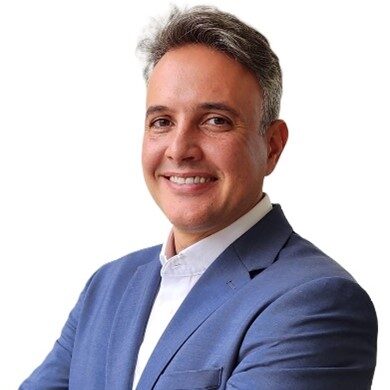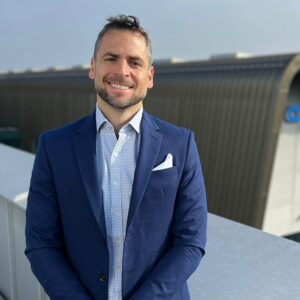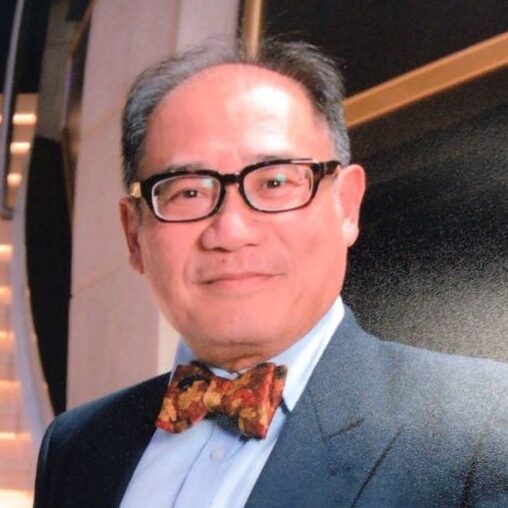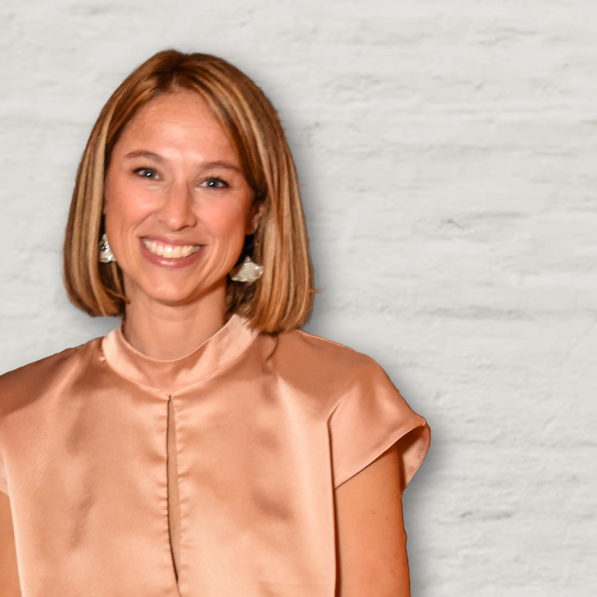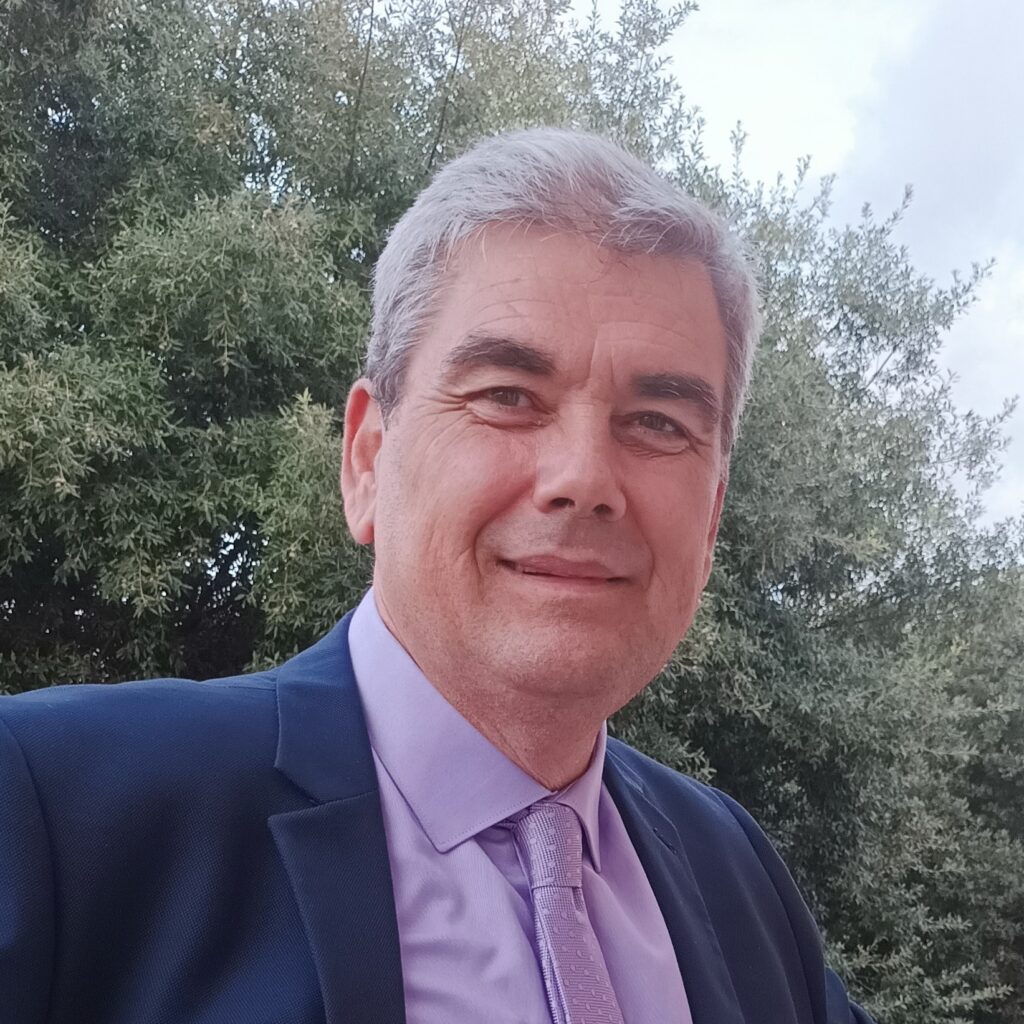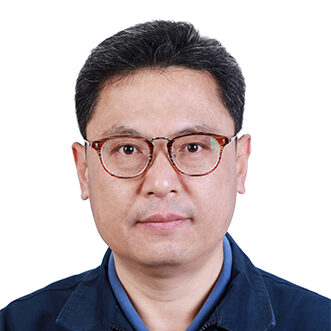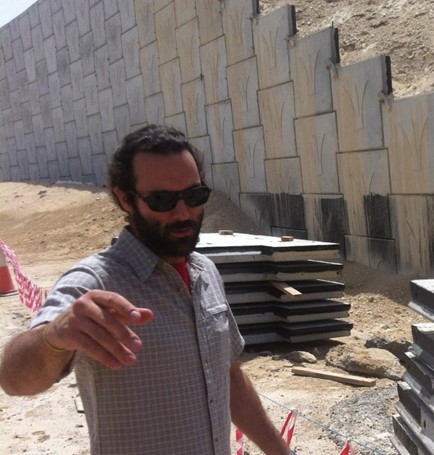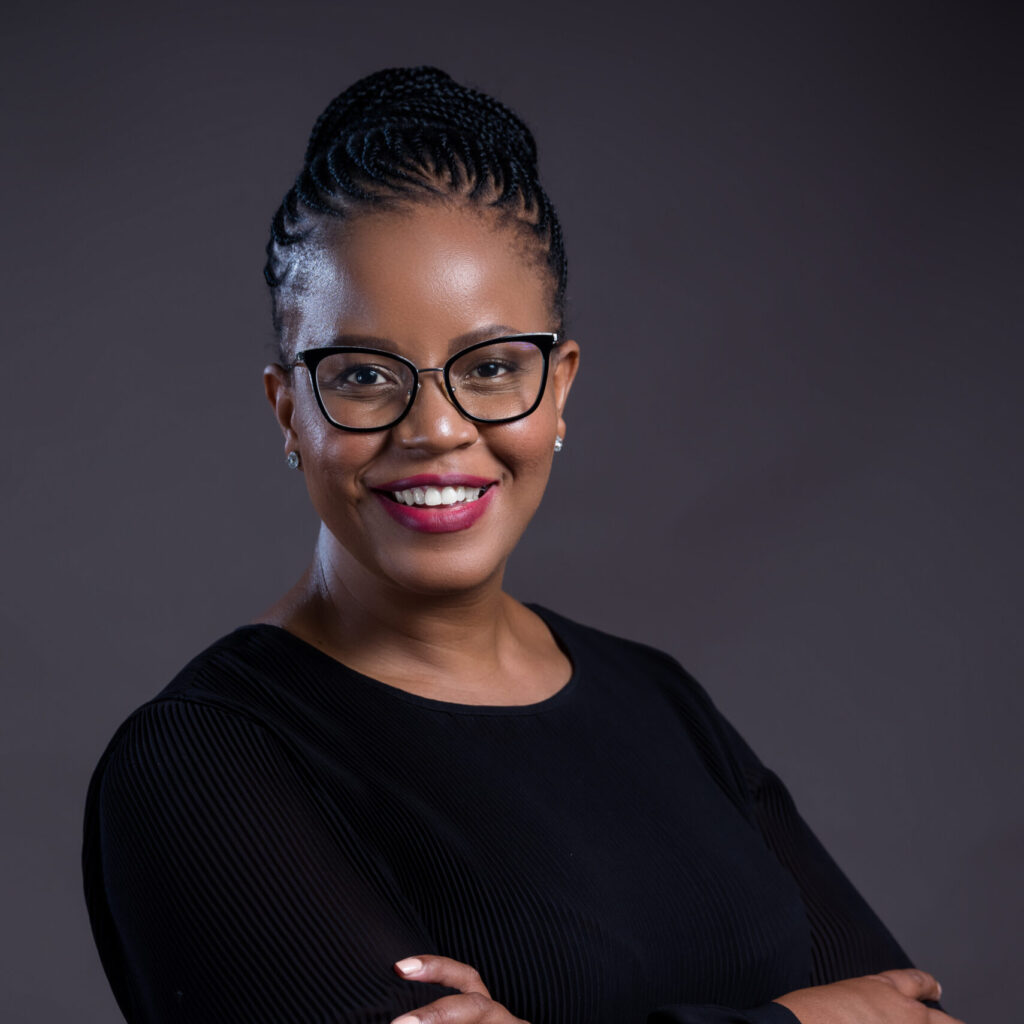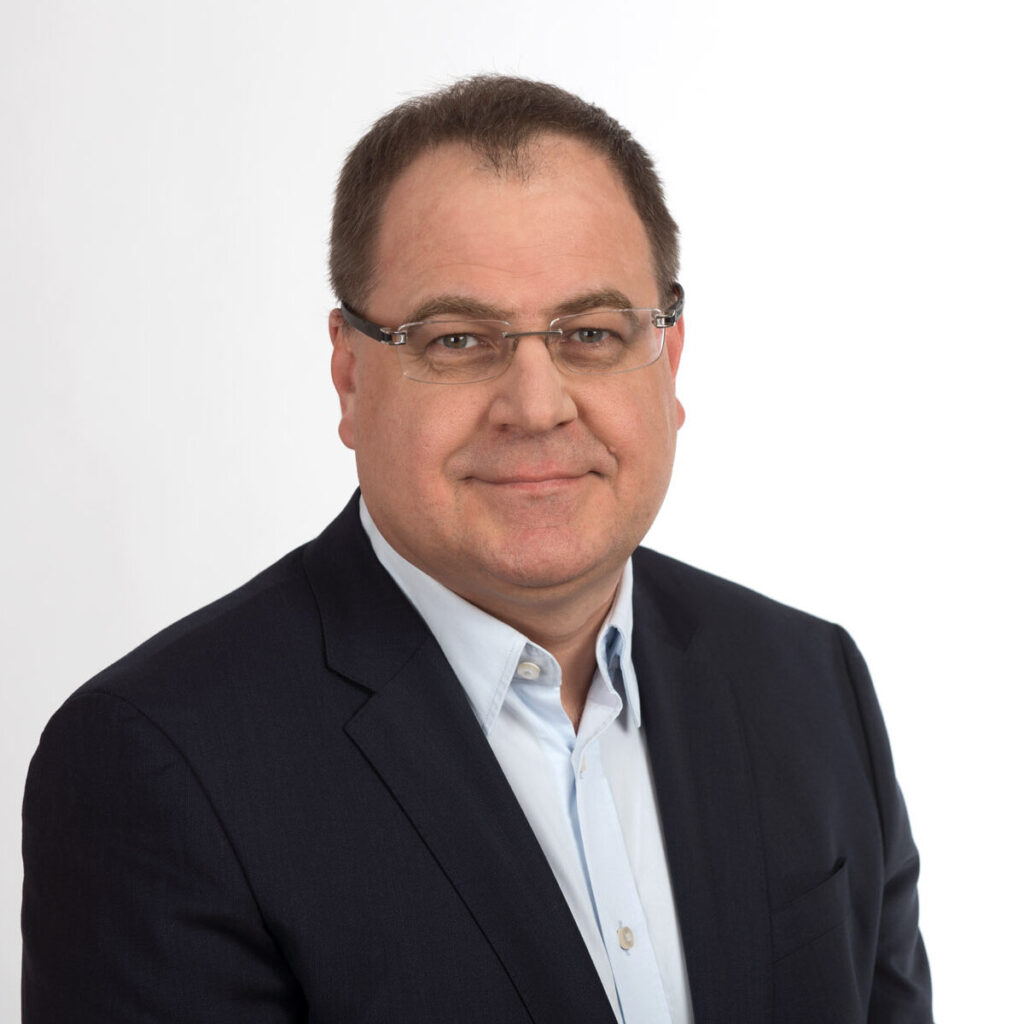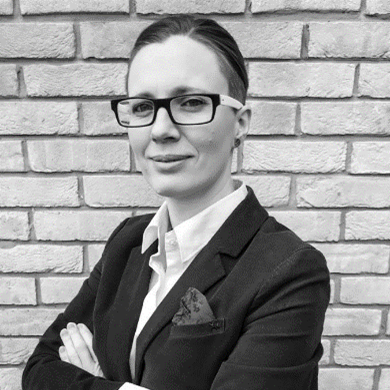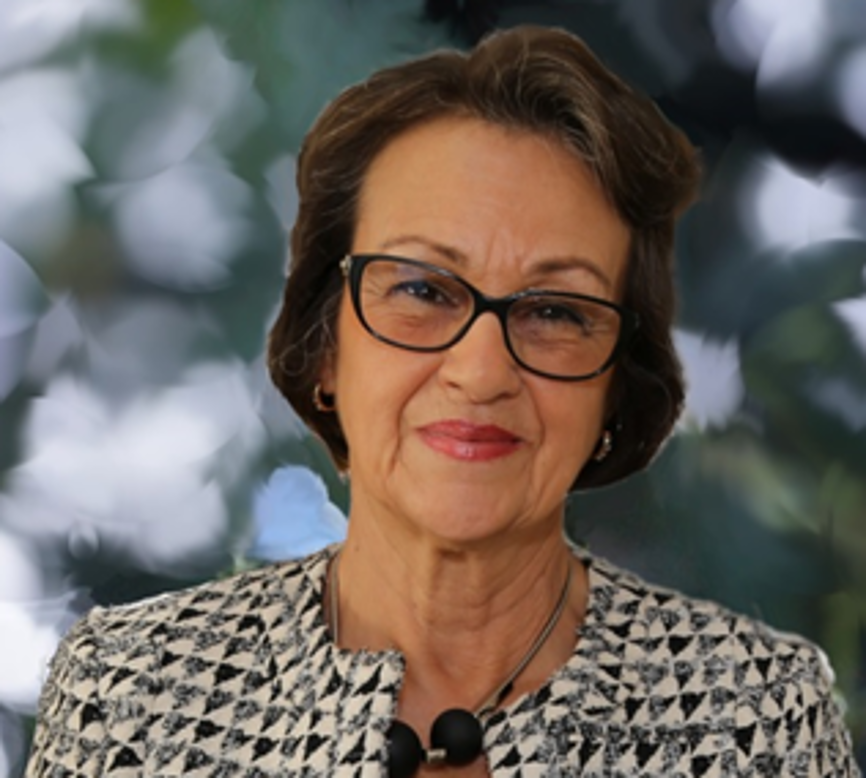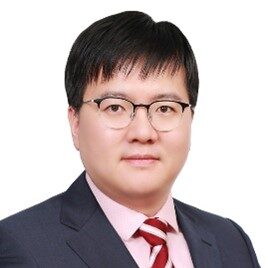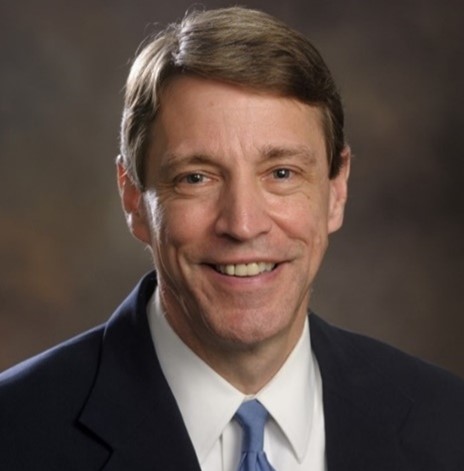Breaking down barriers to attract and retain diverse talent in the geosynthetics industry is key to its future health.
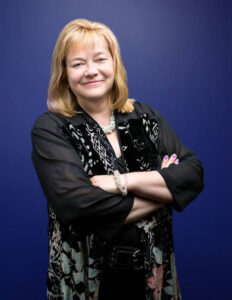
That’s according to inclusion and diversity thought-leader Dr. Imogen R. Coe who shared ideas and approaches to leverage diverse talent, at the recent GeoAmericas 2024 conference in Toronto, Canada.
Dr. Coe, founding Dean of the Faculty of Science at Ryerson University (now known as Toronto Metropolitan University), was the guest speaker at the IGS Diversity Task Force Lunch held on day two of the event.
She acknowledged there were challenges in improving working practices but the consequences of these barriers meant talent – and ultimately innovation – was being curtailed. Having diverse perspectives would lead to better outcomes, she said.
“It’s about being a better scientist, leader, running a more engaged organization and who wouldn’t want to do that? Get more ideas [and] have a competitive advantage over your competition,” she said.
Getting there involved goal-setting, using data and evidence to inform actions, reviewing performance and then pivoting “like we do in the field” if a different approach was needed. She advocated for transparency and leadership – particularly from the over-represented demographic in an organization or business.
During Dr. Coe’s talk, titled ‘Embracing diversity to drive innovation and leverage talent’, she highlighted the work of the IGS Diversity Task Force and its aims, which included rebalancing the current 83% male and 17% female IGS membership and addressing representation on the IGS Council, which is currently 59% white.
Dr. Coe said: “No more manels [male-only panels]… we want to make sure we’re hearing from a diverse range of perspectives.”
However, she said diversity was about more than visible identities such as gender, age and ethnicity, but also included considering invisible identities such as religion and disability, and the impact of privilege.
Dr. Coe cited a Proceedings of the National Academy of Sciences journal paper that suggested gender-diverse teams produced more novel and higher-impact scientific ideas. The research went on to say nonetheless, gender-diverse teams remained under-represented in science.
She said an organization that fully integrated diversity, equity and inclusion would create a sense of belonging, which would engage the full potential of its individual employees allowing innovation to grow, improve problem-solving, and ultimately create a more thriving industry.
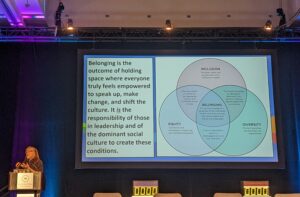
Dr. Coe’s talk was followed by a panel discussion with guests Kristin Sample-Lord, a Diversity TF member and President-Elect of IGS North America, Dawie Marx, chair of the IGS Young Members Committee, and Francisco Pizarro, chair of the IGS Pan-American Regional Activities Committee.
Mr Pizarro said: “We need to do more. As leaders, with great power comes great responsibility. We [should] put these topics round the table and push things forward. There are many things to do, especially in mining and engineering where it is a common career associated with men and tough and rough things.”
Ms Sample-Lord posed: “How do we get younger folks excited about pursuing career paths in geosynthetics? We have IGS Educate the Educators but at that point the number of women in engineering has already gone way down. We need to equip our members to reach out.”
Mr Marx also suggested an approach was not to call it ‘Diversity, Equity and Inclusion’ but focus instead on what the organization wanted to achieve. “[Connect] on principles rather than terminology,” he said.
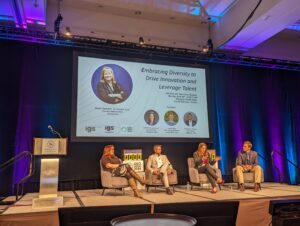
Dr. Coe said it was okay not to know everything, but people can learn. She also said to think about ‘sponsorship’ rather than ‘mentorship’; putting people forward for positions, and asking who’s not here, who’s not in the room?
She also said the industry had to be talking to young men in engineering and suggested there was a toxic culture which put off young women. Dr. Coe also highlighted that research culture could be quite combative, which might conflict with certain cultural backgrounds.
“[There is a] culture around science and engineering that doesn’t necessarily work for [all] so create an environment where people can speak up and ask questions,” she said.
Dr. Coe said small changes could make big impacts so it was important to start somewhere, approaching it by:
- Being an inclusive leader (regardless of identity)
- Learning the skills
- Developing core competencies
- Practice, practice, practice
The IGS Diversity Task Force leads the IGS mission to ensure the voices of all its membership are heard, from students, field workers and engineers to designers, contractors and installers, and more.
*** Watch the latest interview in the IGS ‘Two for a Few ‘interview series when Kristin Sample-Lord chats with IGS Diversity lead Laura Carbone on the IGS’s plans to improve diversity and inclusion.
*** Take a look at what our members think about diversity in the geosynthetics industry.

